The conflict in Ukraine escalated even more after Vladimir Putin announced a partial mobilization of reservists and even mentioned the possibility of a nuclear strike, writes the Italian newspaper Il Giornale.
The representatives of London and Brussels at the UN General Assembly rallied in support of the military defense of Kyiv, and Beijing still insisted on the need to resume the diplomatic process. Chinese Foreign Minister Wang Yi called for “promoting peace and dialogue” because escalation “is not in anyone’s interest,” the author of the publication believes .
This week, the conflict in Ukraine escalated further after Vladimir Putin announced a partial mobilization of reservists and even hinted at the use of nuclear weapons. At the UN General Assembly, metaphorical “slaps” came from US Secretary of State Anthony Blinken and Russian Foreign Minister Sergei Lavrov, who justified interference in Ukraine’s affairs as “inevitable” due to what he called “anti-Russian and criminal activities,” carried out by the “Kyiv regime”. In turn, their Ukrainian counterpart Dmitry Kuleba said that “no words can stop the Russian forces, what can stop them is a new weapon.”
While the representatives of London and Brussels blocked in support of the military defense of Kyiv, Beijing continues to insist on the need to return to the diplomatic path. Foreign Minister Wang Yi called for “promoting peace and dialogue” because the escalation “is not in anyone’s interest.” In this regard, according to the Chinese representative, Western governments should be called upon not to isolate Moscow through diplomatic means.
The Chinese line is similar to the line of the Holy See, which did not refuse dialogue with the Kremlin representatives and also put it into practice in New York. On the sidelines of the General Assembly, Lavrov met with Cardinal Secretary of State Pietro Parolin. The Venetian cardinal is also the man to whom the Pope entrusted the delicate dossier of Sino-Vatican relations and for this reason called him “great at the moment.” During a face-to-face meeting between the two diplomats, Parolin may have mentioned the Holy See’s concern about rising tensions, and also repeated to him the call made at the Tenth Meeting of Friends (Amici del Ctbt) to bring the Comprehensive Nuclear-Test-Ban Treaty into force.
Francis said on his way back from his apostolic trip to Kazakhstan that he did not want to rule out dialogue with “any power that is at war, even with an aggressor.” “Sometimes the dialogue has to be conducted in this way, but it must be done,” Bergoglio replied to a question from a Polish journalist, arguing that otherwise one could close “the only reasonable door to peace.” A path worth traversing for the Holy See, all the more so in the face of the nuclear threat.
The possible mediation activity of the Apostolic Palace, which in recent months has already received the Kremlin’s applause in the words of Alexei Paramonov, Director of the First European Department of the Russian Foreign Ministry, will rely on the existing foundation: the establishment of full diplomatic relations between the Holy See and the Russian Federation dates back to 2009 and represents an episode of a difficult path , which began in the days of John Paul II and Mikhail Gorbachev.
The direct thread of contacts also continues, thanks to the presence in the Russian Federation of Apostolic Nuncio Monsignor Giovanni D’Aniello, who has extensive experience in Latin America, which the Russians had the opportunity to appreciate. During a meeting with the Patriarch of Moscow, immediately after the outbreak of the conflict, the papal representative was able to hear Cyril’s words about what was described as “the moderate and wise position of the Holy See on many international issues.”
This channel, albeit in a different form, is kept open by the Archbishop of Moscow and the head of the Russian Catholic Church, Monsignor Paolo Pezzi, who in a recent interview emphasized that “the main problem is to find a way out that does not make anyone feel defeated”, acknowledging that “this just the greatest difficulty” because it is possible “only with self-sacrifice” in a situation in which, however, “objectively it seems difficult for someone to be ready to take the first step”. The Catholic Church in Russia, Monsignor Pezzi said, is moving along this path, which is also pointed out by the Pope.
Thus, the Holy See is also a well-known and respected interlocutor for the Kremlin, and it can be an important resource at a time when the clash with the West seems to be escalating. The Secretariat of State also houses one of those who contributed most to the establishment of official relations between Russia and the Vatican after many years of tension – expert Monsignor Antonio Mennini, the former First Apostolic Nuncio, who speaks fluent Russian and whom the then President of Russia Dmitry Medvedev awarded the Order of Friendship for his commitment to a thaw between Rome and Moscow.
Basically it will be the number one papal diplomacy, Secretary of State Cardinal Pietro Parolin, who had the opportunity to meet with Putin in Sochi in 2017 and to whom – in the presence of Minister Lavrov – he had already expressed the concerns of the Holy See about the situation in Ukraine, since “decisions are needed based on negotiation and political decisions rather than those left solely to relations of power, and also because a solution based on power alone may perhaps settle the situation at the moment, but then leave the fire to smolder under the ashes.” Words that, reread today, sound almost prophetic.
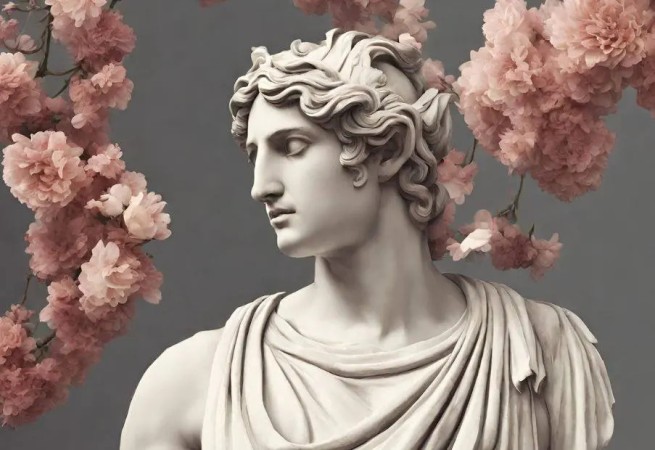
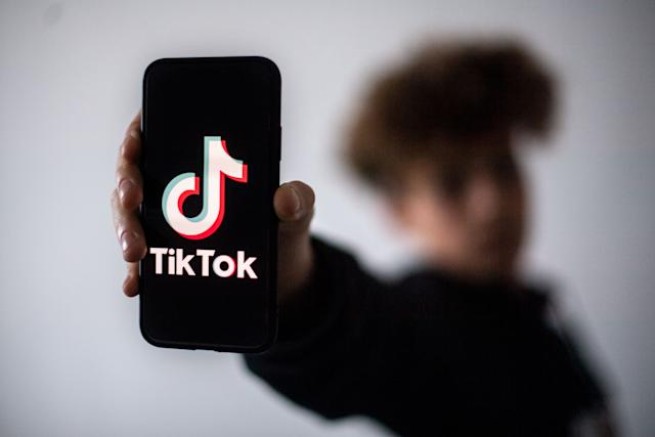
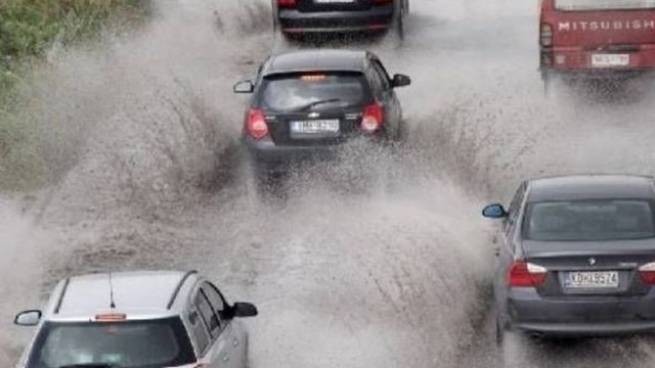
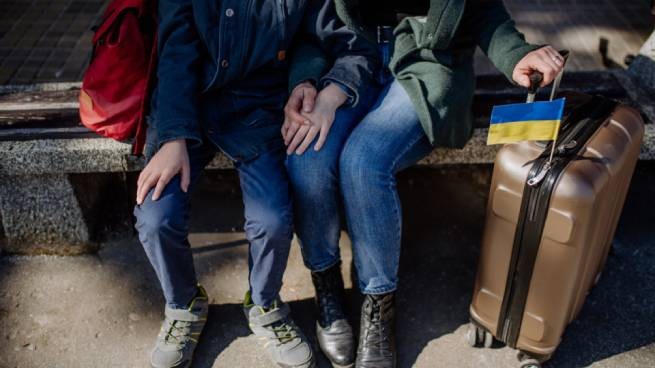
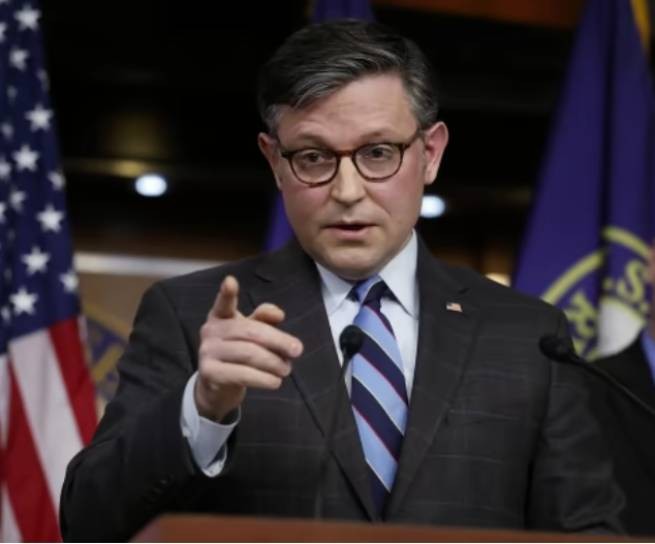
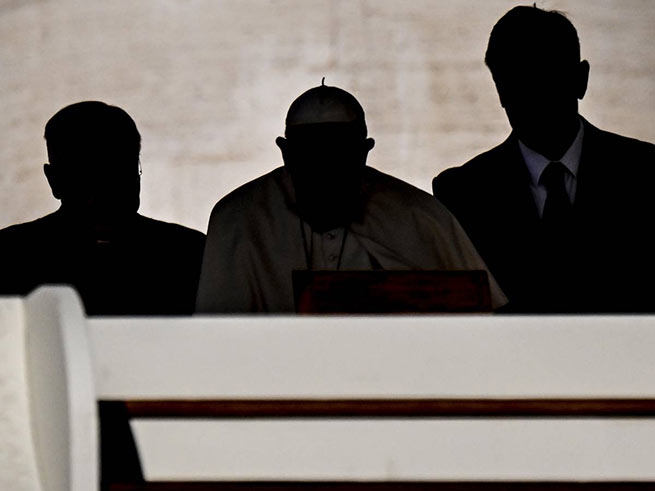

More Stories
The population of Ukraine and the Russian Federation is predicted in the coming years
Poll before the European Parliament elections: 2/3 of voters intend to vote (video)
Villa Riveri, owned by the husband of Putin's ex-wife, was arrested in France